Students following courses at the Malta College of Arts, Science, and Technology (MCAST), successfully launched a special spatial balloon from Germany that reached the stratosphere.
This Erasmus+ project was led by the Institute of Engineering and Transport (IET) senior lecturer Dr Ing. Clive Seguna, assisted by technician Ivan Fabri. Students are currently following Advanced Diplomas in Robotics, Drone Technology, Automation, and Artificial Intelligence, and Advanced Diplomas in Industrial Electronics.
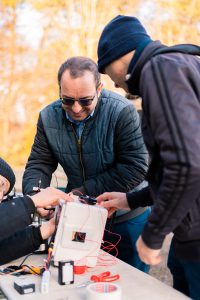
This mission was the College’s first near-space launch with a prototype payload. The project’s goals were to encourage students to participate in near-space-related activities and to open up more research opportunities within this industrial area.
The initiative proved to be a valuable learning experience for the students, as they gained relevant industry skills they will use in their future careers. These include problem-solving skills, networking, application of design and construction skills, the building of experiments, and report writing skills.
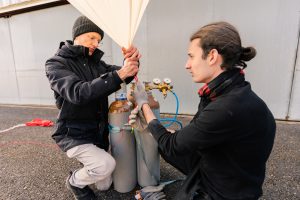
This innovative experimental project will provide scientific data that students and academics will analyse from the IET. Through video data streamed from the stratospheric balloon, academics can gain various insights that can be applied to solve problems in diverse societal areas.
Moreover, a team of students from MCAST’s Institute for the Creative Arts (ICA) also traveled with the IET technical team and produced a video recording of the mission.
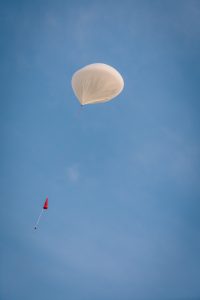
A video created by ICA students Laura Galea and Erica Lanzafame showcasing the work of the students and real-life footage from the stratosphere can be viewed via this link. Photos were taken on-site by MCAST student Nathan Camilleri.
MCAST partner Max-Born-Berufskollef College hosted the students during their stay in Germany. German company Stratoflights assisted the MCAST team with project logistics. MG2I and MCAST’s International Office were the strategic partners that helped this mission succeed.


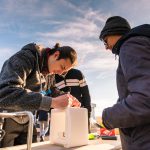
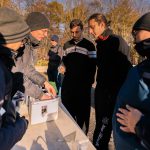

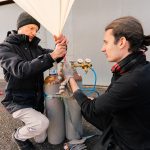

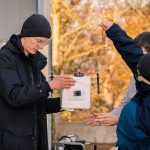


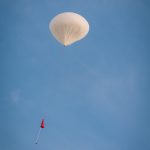
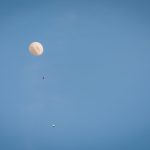







 MCAST Main Campus
MCAST Main Campus  +356 2398 7100
+356 2398 7100
 information@mcast.edu.mt
information@mcast.edu.mt